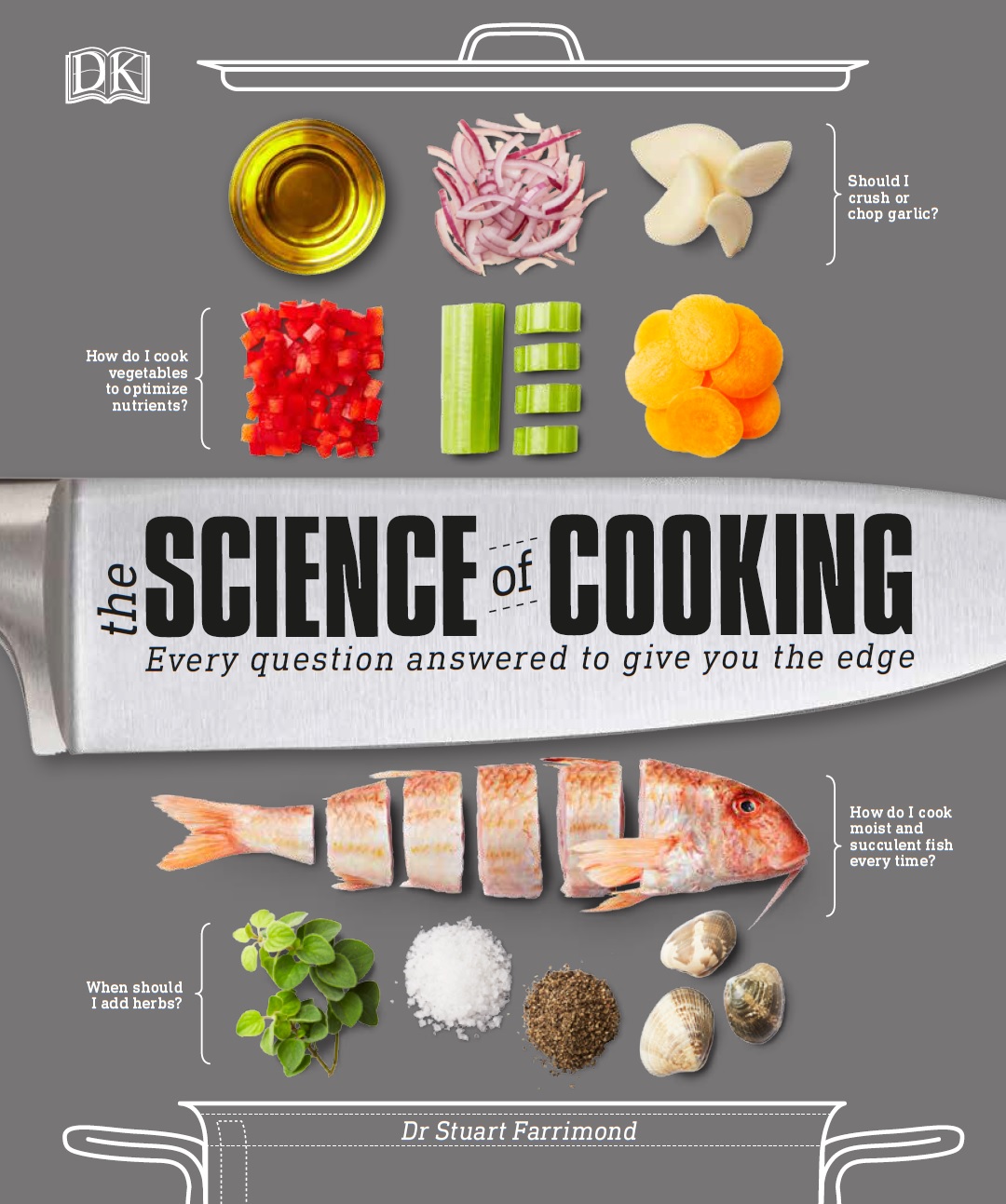 Motivated by money? I confess I am. Well ok, not always: there are plenty of things that will trump a stack of greenbacks. However, few of us would object to a kindly benefactor plopping a million quid into our current account. Even for the least materially-minded, it would be difficult to ignore such an offer: an abundance of wealth brings great opportunities to do great things for a great many people. Just ask Bill Gates.
Motivated by money? I confess I am. Well ok, not always: there are plenty of things that will trump a stack of greenbacks. However, few of us would object to a kindly benefactor plopping a million quid into our current account. Even for the least materially-minded, it would be difficult to ignore such an offer: an abundance of wealth brings great opportunities to do great things for a great many people. Just ask Bill Gates.
But would money make you work harder? Politicians have a thing for ‘performance-related pay’ – especially when it means cutting the salaries of civil servants. If you listen to the UK Chancellor and his sidekick (Education Secretary, Michael Gove) then getting paid more for doing a good job is “empowering”, “rewarding” and will “drive up quality” (read the words of what he is proposing for teachers). It’s a simple equation: more money = harder work. Who could argue with such a logical conclusion? Well, money may make you try harder, but what you do will be lousy.
Like most other people, I thought ‘performance related pay’ is a good way to get results. A short while ago, a friend showed me a brilliant and thought-provoking YouTube video (and it didn’t have dogs popping balloons or animated squirrels doing backflips). Watching it proved to be some of the best 600 seconds I’d spent in a long time. ‘The surprising truth about what motivates us is an animated short by the RSA, and questions what really gets us out of bed in the morning – and it isn’t money. Watch it below: it is both inspiring and challenging.
Across the board, any job that requires brain cells (i.e. anything more mentally taxing than wiggling a joystick) doesn’t respond well to performance-related pay. Experiments show that output and productivity go down. I suspect that a financial carrot-on-a-stick makes you ‘choke under pressure’ of not getting the reward. Perhaps there are other reasons, but the evidence says that cash hand outs for ‘good performance’ are a waste of cash.
And although I didn’t believe it at first, a look at the evidence challenges the theory that people work better for financial reward. The research has been done with small, medium and large rewards, and in different countries with similar results. It is well worth dipping into the evidence (one particularly good set of experiments is referenced below).
And if truth be told, this all fits with my experience as an (ex-)teacher. Money didn’t motivate me to get in front of a classroom of kids (ahem, young adults) on a daily basis. Rather, it was the belief that I had a chance to enrich and inspire young people. And I’ve never met a teacher who didn’t think the same. Offering me a bonus for better student success, improved behaviour (or whatever else that can be measured) would have made me uptight and resent my employer.
So what really inspires us? Three things appear to light most people’s fire: creative freedom, a sense of purpose, and the opportunity to keep improving. Now if you think about it, that makes a lot more sense.
Thanks for reading - all opinions expressed are my own. Feel free to add your thoughts in the comments below…
References
ARIELY, D., GNEEZY, U., LOEWENSTEIN, G., & MAZAR, N. (2009). Large Stakes and Big Mistakes Review of Economic Studies, 76 (2), 451-469 DOI: 10.1111/j.1467-937X.2009.00534.x
Storey, John, and Keith Sisson. “Performance-Related Pay.” Strategic Human Resource Management: Theory and Practice (2005): 177-184. - A useful summary










Discussion
No comments yet.